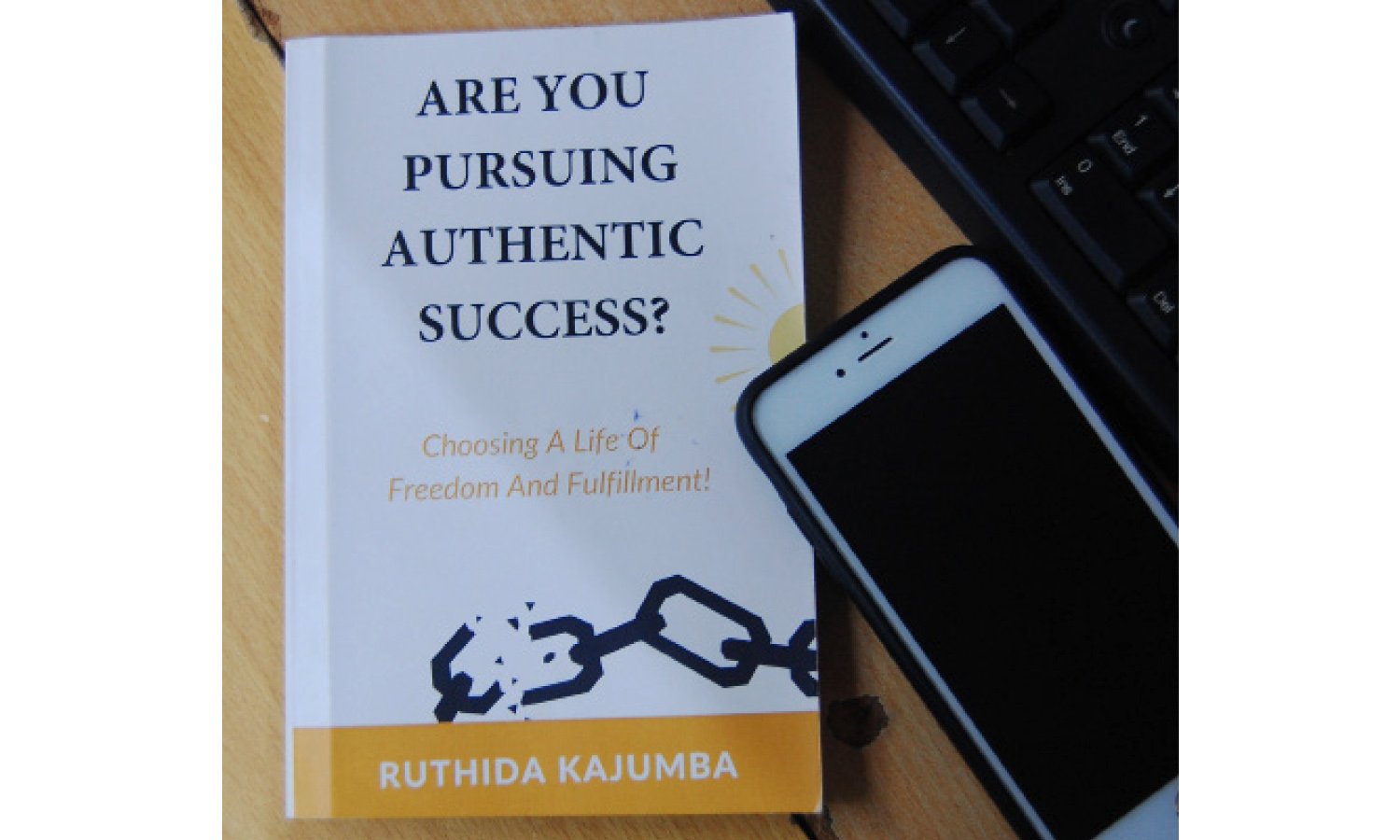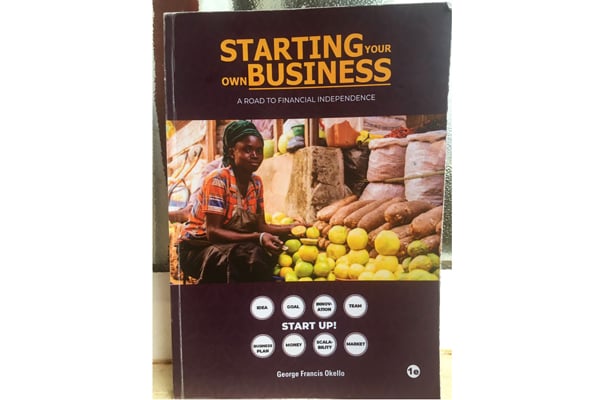Prime
Zinabala narrates tragic love story in poetic play

What you need to know:
History. Played out in a university hostel and in WhatsApp groups, love blossoms amid series of Meet Cutes as the Suitor and Flower keep finding each other only to lose themselves to couplings.
This poetic play invokes folkloric figures, mythical beings and cultural mainstays in the Ugandan context. It then blends them with esoteric phenomena and universal themes as well as religious nostrums in order to cast a wide net that captures the breadth and depth of love.
Sure, this is a love story. However, it is not just any love story. For, in our context, it chronicles a forbidden love. You know, the kind that leads to copulation without obligation and obligation without copulation.
If you are confused, stay with us. It gets worse. You see, the Suitor, the Muchwezi and the Flower make up an unholy trinity which spells Ménage à Trois. But then again, the story never degenerates into a bizarre love-in.
Played out in a university hostel and in WhatsApp groups, love blossoms amidst a series of Meet Cutes, over and over again, as the Suitor and Flower keep finding each other only to lose themselves to couplings and pairings outside their own.
“Sex is spiritual/Not every soul has a clean past/Some souls are sold for wealth/Others are cursed!” the author relates.
And it is true. The Muchwezi turns out to not only be the Third Wheel in this romantic play, but also an incubus. An incubus is a demon in male form in religious folklore that seeks to have and often does have sexual intercourse with sleeping women. It uses a woman’s erotic dreams to lay down its charm offensive and can even spawn a child with a human.
The Flower is caught in the throes of the love the incubus has for her. However, he is more interested in having her soul, and not just her body, for an eternity. This is where the spirituality comes in and punctuates each word and inflection of each scene and act.
We must bear in mind that the incubus is extremely dangerous and wants the Flower for himself. So he will brook no competition for her heart by the Suitor or the other lovers paraded in this story as subplots of a lesser love.
Muchwezi, being supernatural, is an imagined presence of an invisible entity, provoking intense emotions of fear or ecstasy and orgasmic passions. He is powerful, he is looming, but he is also resisted by the Flower. In this way, she declares: Why? Why would I marry thee? My heart belongs to another from another world/A world of love, A world of happiness.”
Yet she seems to be inconstant in this love as she beds down with other men and bemoans men for being dogs, hungry for the raw meat of sexual passion. She is often disconsolate, weeping as the Suitor gets cold feet. He wants out, the Muchwezi is too powerful. Then later, he wants back in as his outer conviction reflects the inner passions of his whole being.
“It is I, the one you chose/The conqueror of the spirit husband/That MUCHWEZI/The man of your dreams…I am here to mend your heart,” he texts the Flower, thereby reprising the chief mode of communication between the two lovers.
It is interesting to note here that we often denote the person of our dreams as our love interests. But this Muchwezi, who haunts the dreams of the Flower like an update on Freddy Krueger, is anything but her lover. He is her captor, her heart having been vouchsafed to him long before she was even born.
This is the tragedy of this love story. The Flower has fallen in love, but she cannot be allowed to consummate this love because the Muchwezi controls her every passion.
Sure, other spiritual forces, including Christianity and African traditional gods, are invoked to counteract the fatal love of the Muchwezi. But nothing takes. The poor Flower is trapped, her longing shortened to suit the designs of the incubus. At one time, though, I thought she was a spiritual being too.
To be specific, I thought she was the corresponding spirit of an incubus. You know the spirit that comes in female form and is called a succubus? Yes, that one. That is because she seems to have the physical charms of the succubus and comes across, for many scenes, as sexually wanton.
Nonetheless, she is fully human. But her humanity is animated by the eroticism of the Muchwezi.
She eventually accepts her fate, even with poeticisms which offer hope. Her goose is cooked and she belongs to otherworldly passions of the Muchwezi.
Book Title: The Muchwezi, The Flower and The Suitor
Author: Zziwa Zinabala
Year of Publication: 2021
Pages: 100
Price: Shs30,000
Where: Uganda Museum Library




